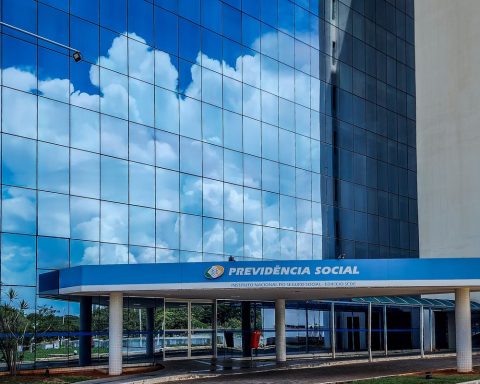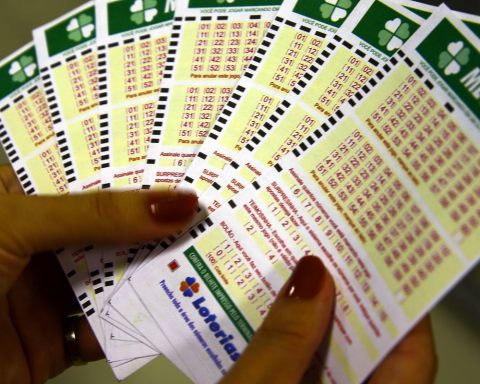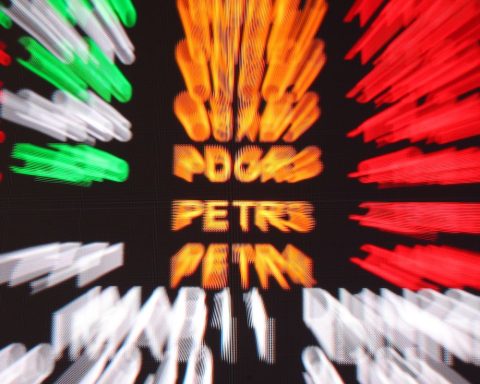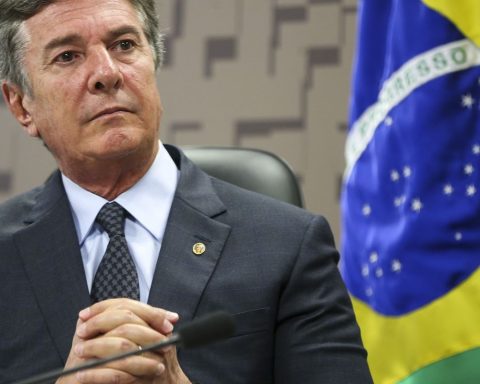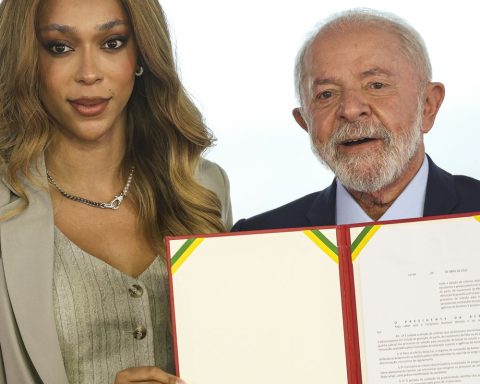The Federal Police (PF) informed the Brazil Agency which will set up a police inquiry today (13th) to investigate the performance of public opinion research institutes. The administrative procedure to investigate whether companies in the sector acted irregularly, in order to harm the President of the Republic and candidate for reelection Jair Bolsonaro (PL), will be conducted by the Police Station for Repression of Farm Crimes of the PF Superintendence in the Federal District.

The opening of the investigation was requested by the Minister of Justice and Public Security, Anderson Torres, to which the PF is subordinate. On the 4th, that is, two days after the first round of the general elections, Torres announced, on Twitter, that he had requested the opening of a police investigation to investigate alleged “conducts that, in theory, characterize the practice of crimes perpetrated ” by some institutes.
This Thursday (13), the president of the Administrative Council for Economic Defense (Cade), Alexandre Cordeiro Macedo, also asked the General Superintendence of CADE to analyze whether, in the first round, there were intentional errors in the polls, characterizing “ alleged violation of the economic order”. The autarchy is also linked to the Ministry of Justice and Public Security.
Justifications
In a note released on the same day that Torres announced that he had requested the initiation of a police investigation, the Ministry of Justice and Public Security cites the call Law of Elections (nº 9.504, 1997) which, among other things, establishes that “the dissemination of fraudulent research constitutes a crime, punishable by imprisonment from six months to one year and a fine”.
The following day, Torres told journalists that the investigation will seek to clarify whether there was manipulation of the results of polls that indicated that candidate Luiz Inácio Lula da Silva (PT) was leading the presidential race by a wide margin, and could even be elected in the first round.
At the end of the voting, Lula obtained 47.85% of the valid votes (disregarding blank and null votes). A result that, considering the margin of technical error, was close to that predicted by most research institutes. Bolsonaro, on the other hand, reached 43.7%. A percentage at least 7 percentage points higher than some of the main polls released on the eve of the first round, which pointed to a difference of up to 14 percentage points in favor of the PT.
“The inquiry [da PF] it was set up to clear up all this; the very discrepant numbers from the reality of the polls”, said Torres when participating of one act campaign in the company of President Jair Bolsonaro.
“There are crimes that may be behind this and there is nothing better than an inquiry in the PF to clarify the population, so that they can exercise their right, so that polls are not directing questions of useful vote and other questions”, added Torres.
institutes
In a note, the Brazilian Association of Research Companies (Abep) repudiated what it classified as an attempt to “judicialize and politicize” the performance of companies in the sector. “Abep is indignant at the introduction of such procedures, since the work of our associates is carried out with values and ethical principles that guide our business and professional conduct. The initiative to establish this type of investigation during the campaign period of the second round, when companies are carrying out their work, demonstrates another clear attempt to prevent scientific research activity”.
According to the entity, polls for voting intentions are “diagnostics, not projections of the results obtained at the polls”. Therefore, they point out “trends”, not being able to anticipate how voters will behave on polling day, “so that discrepancies between the results of the polls” and the official counting of the polls “are possible”.
“Research has the role of presenting society with a portrait of the moment [em que são realizadas]”, maintains Abep, adding that the behavior of voters is subject to several factors until the final moment of voting, and that affiliated companies strictly follow international standards, provided for in the entity’s Code of Conduct and in the Guide to Good Practices for Disclosure. of Research, being supervised by the Association’s Self-Regulatory Council.
Yesterday, Abep filed with the Ministry of Justice and Public Security, the Attorney General’s Office (PGR) and the PF Superintendence in the Federal District requests for access to the process.
Parliament
The subject rekindled, in the National Congress, the debate around the dissemination of electoral polls. In the Senate, Marcos do Val (Podemos/ES) filed a request for the House to establish a Parliamentary Commission of Inquiry (CPI) in order to investigate the performance of the institutes. “They need to explain themselves,” the senator wrote on his social media.
In the Chamber, the government leader, deputy Ricardo Barros (PP-PR), presented a bill that provides for penalties for those responsible for research companies that disclose numbers different from the final results verified at the polls. Even if it is characterized that the error was not intentional. According to Barros, the intention is to punish those who “speculate in the electoral game and in the financial market” based on possible “changes in mood” of voters revealed in polls.
Although, in the Chamber, the Barros project was based on an urgent basis, in the Senate, the president Rodrigo Pacheco did not demonstrate the same disposition, signaling the intention to submit the proposal for wide discussion. For the senator, the penalties provided for in the case of errors are “absolutely inadequate”.
“A survey on a Thursday, the result of which [nas urnas] is not identical or within the research’s margin of error may be punished with four to ten years imprisonment. [de acordo com o projeto]. Penalty, even, superior to embezzlement, corruption. Of course, this is not legally appropriate. That’s why we’re going to have the necessary cadence”, commented Pacheco, defending that, in the Senate, the issue be analyzed by the Constitution and Justice Commission (CCJ) before proceeding to the plenary.


